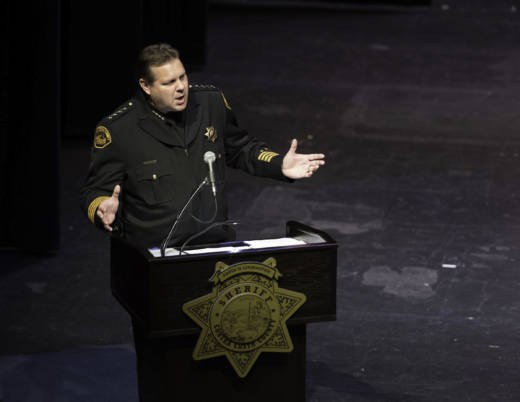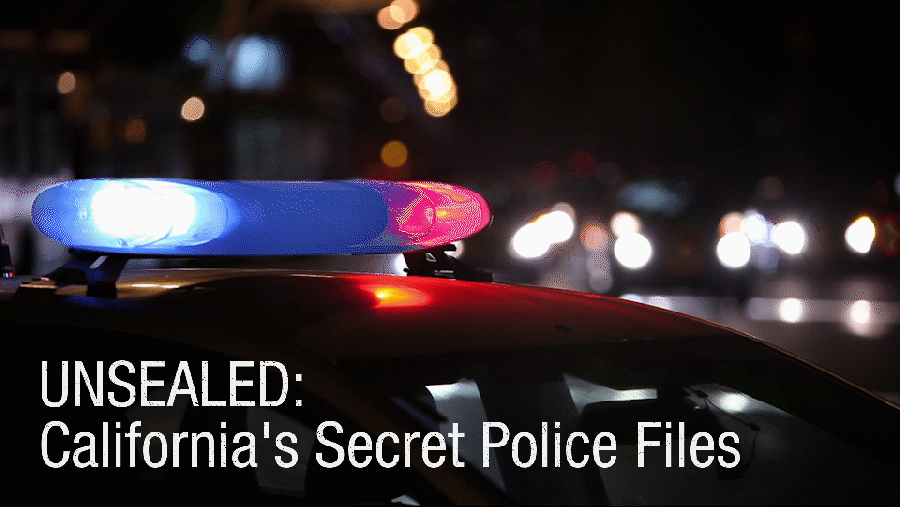“I never took a stance,” Welch said. “It was delayed because [SB] 1421 is a brand new law” and there were questions about whether Spadaro’s case applies to it.
Welch’s union was one of the first police associations to file suit back in January 2019 to block the county from releasing past misconduct and use-of-force records unsealed by SB 1421. A number of First Amendment and media organizations including KQED joined that suit to argue for the disclosure of records.
A Contra Costa judge’s ruling in that case, which found that SB 1421 should apply retroactively, was upheld by the First District Court of Appeal in San Francisco on March 12.
However, even after that ruling, Livingston refused to search for records, arguing that searching the “voluminous” internal affairs files constituted an “undue burden” on the department. He was one of the few law enforcement officials statewide to make this argument.
Finally in June, the sheriff said the search for records had been completed. Seven incidents had been identified in which deputies had used force causing death or serious injury.
Then on Tuesday, the Sheriff’s Office released Spadaro’s disciplinary file without any explanation.
“It begs the question: why it took litigation for these records to be released? Why were they not promptly released a year ago?” said David Snyder, an attorney with the First Amendment Coalition, which is involved in the Contra Costa litigation. “A year is not prompt. It makes one wonder if there are other records languishing in the sheriff's files that the public is entitled to see."
Spadaro was convicted of a misdemeanor in 2017, and court records show it was his first criminal offense in Solano County.
However, Spadaro was accused of sexual harassment in 2006 by a female deputy in the Sheriff’s Department. The county settled the suit in 2008 for an unknown amount.
Internal records released Tuesday by the Sheriff’s Office show Spadaro was also reprimanded in 2015. But the Sheriff’s Office said records related to that prior misconduct are not disclosable.
Lee would not say if the sheriff has ongoing concerns about Spadaro’s fitness to be deputy.
Thomas Peele of the Bay Area News Group contributed to this story.
 This story was produced by the California Reporting Project, a coalition of 40 news organizations across the state. The project was formed to request and report on previously secret records of police misconduct and use of force in California.
This story was produced by the California Reporting Project, a coalition of 40 news organizations across the state. The project was formed to request and report on previously secret records of police misconduct and use of force in California.



